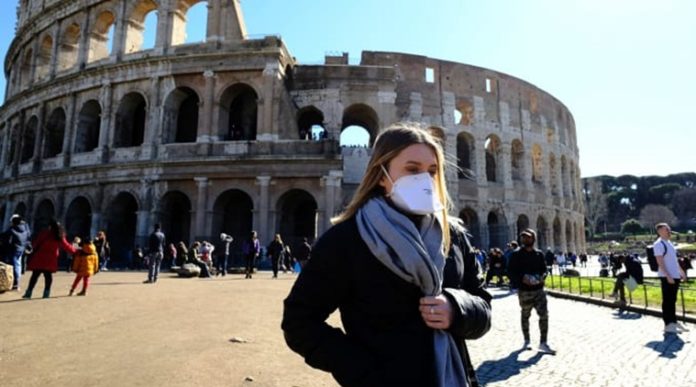New Delhi (NVI): As we enter the first summer in Covid-19 era, a tenuous easing of travel restrictions has begun, giving hope to travelers across the globe to pack their bags and leave for their favorite destinations. International travel has been allowed in some parts of the world but with restrictions and Covid protocols.
This month, the countries of the European Union will reopen its internal borders, and they plan to allow travel from outside the block some time in July. Iceland will allow tourists, but it plans to test them for the virus at the airport.
Grounded for many months, airlines are beefing up their summer schedules, though the number of flights will be a fraction of their pre-pandemic frequency.
Around the globe, the collapse of the tourist economy has bankrupted hotels, restaurants, bus operators, and car rental agencies.
Current scenarios suggest international tourism arrivals will drop by as much as 78 per cent this year, United Nations World Tourism Organization (UNWTO) says, while stressing the “highly uncertain” nature of its predictions.
Following are five ways holidays have probably changed for the foreseeable future:
- Sanitizing at the airport
Airports are practising social distancing and encouraging cleanliness. London’s Heathrow has signage across all its terminals reminding passengers to distance themselves at least two metres from others and to wash their hands regularly. The use of electronic check-in and passport control may also be accelerated, as airports look for ways to avoid unnecessary interactions between people.
- PPE on the plane
Some firms are already taking steps to shore up confidence in their cleanliness. For example, Korean Air is providing cabin crew with protective gowns and goggles, which are either discarded after each flight or sanitised before reuse.
With many countries now recommending the use of face masks, these may become required for airplane passengers.
- Uncrowded destinations
Hotels and restaurants will probably drastically change the way they manage guests with usual practices at buffet meals, pools, bars and beaches under scrutiny. This could also mean not filling hotels up to full capacity and limiting the number of guests on beaches at any one time.
- Redesigned hotels
Many hotel managements have been asked to redesign, to include “greater spatial layouts” in public areas and the restaurant and lounge, as well as the incorporation of materials that can easily be sanitised.
- Hospital-grade cleaning
Hotel giants like Marriott International are focusing on surface areas, guest contact and food safety.
This will include the use of electrostatic sprayers with hospital-grade disinfectant to sanitize surfaces throughout the hotels.
Other elements may also change, as the travel industry adapts to new health and safety concerns and tries to recover from the devastating impact of the pandemic.








